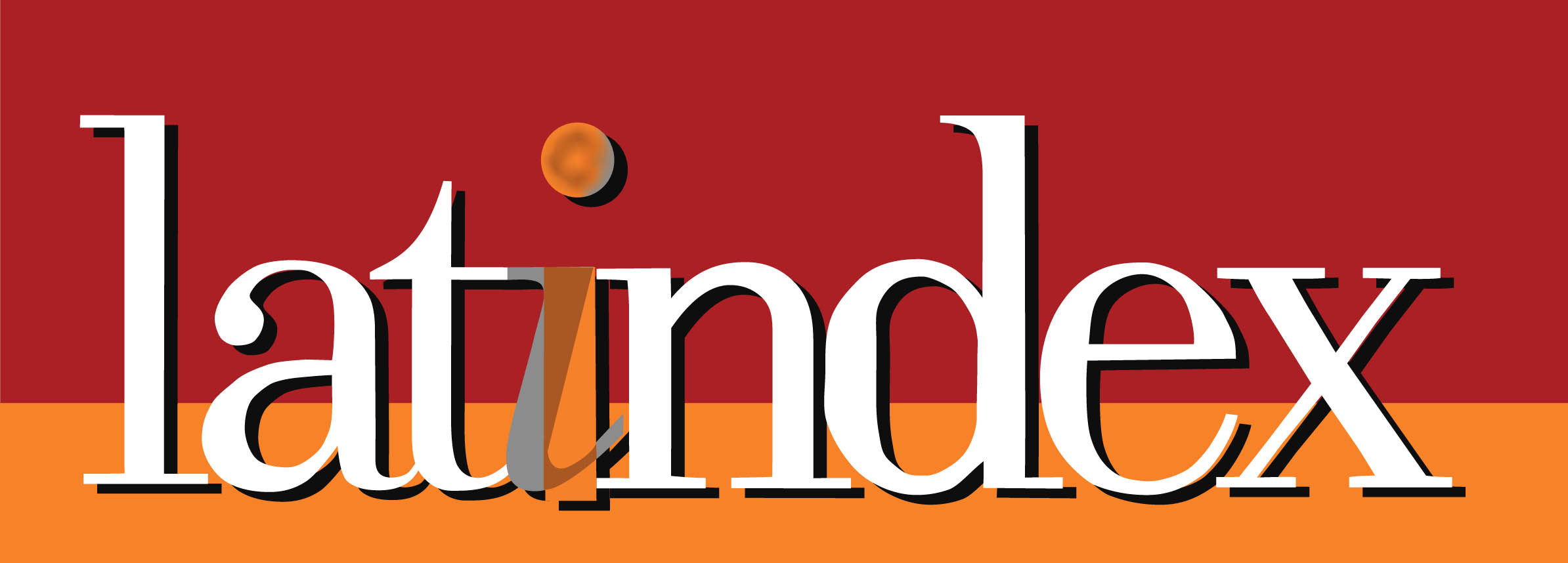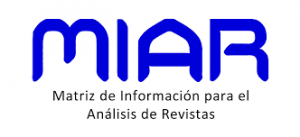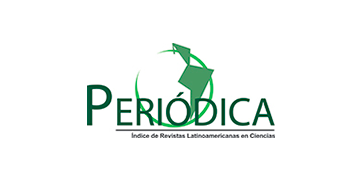Indexation
| Bases de Datos | |
| Academic Search It's a database managed by EBSCOhost that collects and provides access to a variety of information sources, including academic journals, newspapers, research reports, books, and more. Academic Search covers a wide range of topics, including social sciences, humanities, natural sciences, health sciences, engineering, technology, and many other areas of knowledge. It also provides advanced search tools, filtering options, and full-text access in many cases, making it easy to locate and retrieve relevant information..
|
|
| EZB It's an open access, full-text electronic library of scientific and academic journals. It is an initiative of the University of Regensburg, Germany, and offers access to over 70,000 journals from over 5,000 publishers. The journals are organized by subject, and users can search by title, keyword, publisher, or subject. It also lists the most popular journals and the newest additions, making it a valuable resource for students, researchers, and professionals around the world. Users can quickly and easily access a wealth of information without having to pay for subscriptions. |
|
 |
Fuente Académica It’s a database that covers the main academic disciplines, offering Spanish and Portuguese journals for research. It includes many high-quality journals from Latin America, Portugal, and Spain. |
| ProQuest It’s offers a wide range of bibliographic databases, covering a large number of subjects and areas of knowledge. These databases contain information on journal articles, books, reports, theses, and other documents where users can perform their searches by title, author, keyword, or subject. |
|
|
Directorios |
|
|
It’s a unique and extensive index of diverse open access journals from all over the world, powered by a growing community committed to ensuring that quality content is freely available online for everyone.
|
|
 |
It’s a regional online academic journal information system that specializes in scientific journals published in Ibero-America. It is a non-profit, inter-institutional cooperation project that aims to promote and improve the quality of scientific journals in the region.
|
| |
REDIB It’s a platform that aims to promote the dissemination and open access to scientific knowledge produced in Ibero-America. It is a collaborative initiative that brings together various institutions, libraries, and scientific publications in the region. In this sense, REDIB provides access to a wide variety of academic resources, including scientific journals, doctoral theses, books, conference proceedings, and other scientific documents. In addition, it provides tools and services for the management and dissemination of knowledge, as well as for collaboration between researchers and academics. |
 |
Ulrichs Web Global Serials Directory It’s a bibliographic database that provides information on over 383,000 serial publications from around the world. The database includes information on academic journals, trade journals, newspapers, newsletters, electronic journals, and other serial publications. |
|
Índices bibliográficos |
|
 |
Biblat
|
 |
It's a tool that provides detailed bibliographic information, including author, title, source, abstract, and citation data, which allows users to identify and locate the original sources of interest. However, CLASE does not offer direct access to the full text of documents, as it is a reference tool for locating and accessing relevant information sources in the field of social sciences and humanities in Latin America.
|
 |
Dialnet
|
 |
MIAR
|
 |
MLA International Bibliography It’s a bibliographic database that indexes articles from journals, books, theses, and other documents in literature, linguistics, and language. The database is published by the Modern Language Association (MLA) and is available in English. MLAIB indexes over 3 million citations of documents published since the 1800.
|
 |
Periódica
|
 |
Scopus
|
 |
SJR It’s a bibliometric indicator that assesses the importance and prestige of scientific journals based on their impact and visibility in the academic community. SJR is a measure developed by Scimago Lab, a research group affiliated with the University of Granada, Spain. The SJR indicator is based on the PageRank algorithm, used by Google to rank the relevance of web pages in its search results. SJR uses information from the Scopus database to calculate the impact of scientific journals, considering not only the number of citations received by the articles published in a journal, but also the importance of the citations from other high-prestige journals. |








